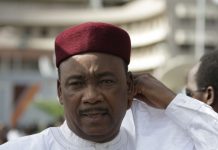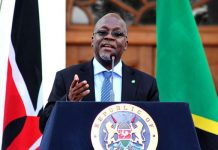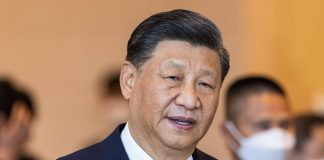The principles of international relations stipulate that individuals, organizations and states should not interfere in the internal affairs of any nation. Although there is no consensus on what constitutes interference, top government functionaries exercise that discretion. For instance, in Philippines, President Rodrigo Duterte has threatened to expel ambassadorsof European nations, accusing their governments of plotting to get his country expelled from the United Nations.
In an emotional speech in Manila this week, President Duterte declared that he would not tolerate European criticism of his drug war, which has seen police kill at least 3,850 people since he took office 15 months ago and led rights groups to warn of a potential crime against humanity.
He accused the European Union of interfering in the Philippines’ domestic affairs, and alleged that the EU wanted to get the Philippines expelled from the UN.
“Just like that you tell us: ‘You will be excluded in the UN’. Son of a whore go ahead,” Duterte told reporters, regretting that the European nations were taking advantage of the Philippines poor condition.
President Duterte retorted “You give us money then you start to orchestrate what things should be done and which should not happen in our country. We are past the colonization stage. Don’t dictate to us.”
He said he was prepared to kick European ambassadors out of the country if their governments tried to expel the Philippines from the UN.“You think we are a bunch of morons here. You are the one. Now the ambassadors of those countries listening now, tell me, because we can have the diplomatic channel cut tomorrow. You leave my country in 24 hours, all, all of you.”
Although the EU has made no public comments about wanting to remove the Philippines from the UN, the EU parliament issued a resolution last year expressing concern over the “extraordinarily high numbers killed during police operations” in the drug war. It urged President Duterte to “put an end to the current wave of extrajudicial executions and killings”.
A statement released by EU delegation to the Philippines in response to Mr. Duterte’s comments sought to emphasise bilateral co-operation, including at the UN.“The EU and the Philippines work constructively and productively together in a close partnership in many contexts and areas, including, of course, in the UN context,” the statement said.
The President’s spokesman was unavailable to comment on why the Philippines leader believed the EU was trying to remove the country from the UN.
The president’s aides have previously cautioned journalists not to take all of Mr. Duterte’s remarks literally, and that some of his most controversial statements were merely “hyperbole” or “rhetoric”. Mr. Duterte won elections last year after vowing to eradicate the illegal drug trade in six months, and vowing that 100,000 people would be killed in the process.
Many Filipinos continue to support the crackdown but a survey last month showed the first major drop in Duterte’s popularity.


















